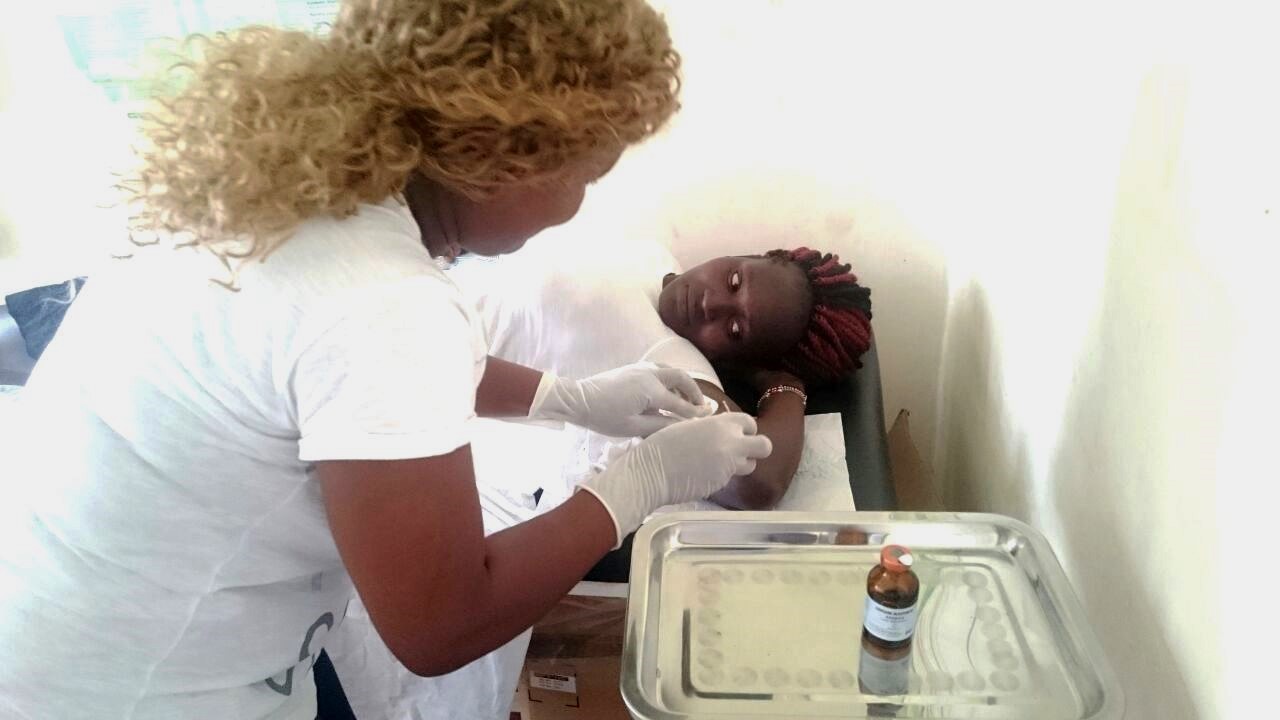The facts

The Kenya’s population is 45 million, and increases by about one million people each year. This is an extraordinary number of people for a developing country to care for, educate, and accommodate. As the proportion of the population under 15 years of age is high (42%) it is quite difficult for the country, and individual families to meet the needs of the young. Furthermore, the average woman bears 6.4 children. There are many negative effects on the reproductive health of millions of women of childbearing age.
Understandably, many women would use contraceptives reliably if they were available and at reasonable cost. According to a latest national survey, approximately 1.4 million women reported having unmet need for family planning. These are women who would like to postpone their next delivery for two years or more; or not have any further children, but are not using contraceptives. Unmet need for family planning is higher among adolescents than other age groups. 86% of sexually active, unmarried, adolescent girls and 66% of adolescent married girls report unmet need for family planning.
Unmet need for contraceptives is higher in rural than urban areas. This is due to poor access to family planning services (especially at community level), interruption in the availability of contraceptives, and inadequate funding of family planning programs.
Reported reasons for not using any family planning methods are as follows:
- Fear of side effects/health concerns (43%)
- Opposition to use by husband or partner and/or owing to religious prohibitions (16%)
- Having infrequent sex (14%)
- Postpartum reasons i.e. breastfeeding (12%)
Teenage pregnancy is on the rise in Kenya, and with it, unsafe abortion. This has dire consequence. Approximately 800,000 women die annually due to complications arising from unsafe abortion. This can be directly attributed to Kenya’s lack of comprehensive sex education, a low contraceptive prevalence rate (43%), and Kenya’s restrictive law on safe, medically performed abortion.
What we do

We strive to ensure that women have a choice over the spacing, and the number of children they would like to have. We do this by providing free family planning services – ensuring availability and accessibility of these services to the local people.
Since people tend to have ever changing reproductive needs and concerns, we conduct sex education and family planning education/counseling outreaches in the community. We aim to learn and address individual’s concerns, and to demystify myths and misconception on contraceptive use. We advocate for and promote male partner involvement in family planning to increase family planning service intake and enable families to have manageable family sizes. This can avert maternal ill health and deaths attributed to unsafe abortion, reduce teenage pregnancy incidences and ultimately improve Reproductive-Maternal-Newborn-Child and Adolescent Health outcomes in the community.